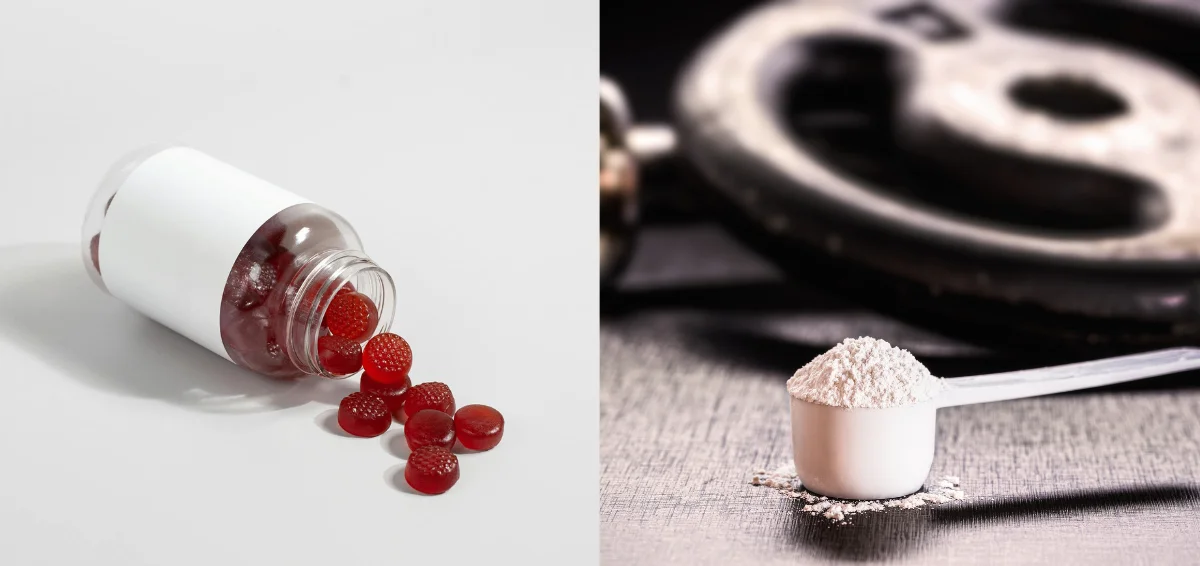
Tonsil stones may be small, but they can cause big discomfort. These tiny white or yellowish lumps form in the back of your throat on your tonsils. There are many people who don’t even realize they have them until they feel irritation, bad breath, or see the stones in the mirror. The good news is that they are usually harmless. Still, they can be bothersome and embarrassing. If you want to understand how to get rid of tonsil stones, it is critical to learn what causes them, the symptoms, and the safe ways to remove them.
What are Tonsil Stones?
Tonsil stones are small, hardened lumps. They form in the crevices of your tonsils. The tonsils are part of your immune system. They are located at the back of your throat. They trap some things, like:
- Bacteria
- Food particles
- Dead cells, etc.
Sometimes, these particles get stuck and build up in the small pockets of the tonsils. Over time, they harden into stones.
They can be as tiny as a grain of rice or as large as a pea. Some people have only one, while others may have several at the same time. Though not dangerous, they can cause discomfort.
Symptoms of Tonsil Stones
Not everyone with tonsil stones will notice them. In many cases, they cause no symptoms at all. But when symptoms do appear, they can be frustrating.
Common Signs to Look Out For
Bad Breath: Tonsil stones are one of the leading causes of chronic bad breath because they trap bacteria.
- Sore Throat: Can irritate the back of the throat, making it sore or scratchy.
- Difficulty Swallowing: Larger stones may cause discomfort when eating or drinking.
- Ear Pain: The nerves in your throat and ears are connected. Stones can sometimes cause referred pain.
- White or Yellow Spots: You might see tiny lumps at the back of your throat.
- Persistent Cough: Stones may tickle the throat and trigger coughing.
If you notice a number of these symptoms together, you might have tonsil stones.
What Causes Tonsil Stones?
The primary reason behind tonsil stones is debris that becomes lodged in the tonsil crypts. This material may be food scraps, mucus, etc. Bacteria may consume such material, and it may form stones.
Risk Factors That Raise Odds
- Poor oral hygiene- Not brushing and flossing regularly allows for easier bacterial growth.
- Chronic tonsillitis- Recurrent throat infection irritates the tonsils and increases the risk for stones.
- Jumbo tonsils- Larger tonsils carry deeper folds that can hold debris.
- Post-nasal drip- Dripping mucus down the throat can accumulate and create stones.
- Dry mouth- Less saliva means less natural cleaning, which further allows the bacteria to grow.
Read Also: Best Tea for Sore Throat
How to Get Rid of Tonsil Stones At Home
Many people want to know how to get rid of tonsil stones without surgery or a doctor’s visit. The good news is that small stones can often be safely removed at home. Here are some common methods.
Gargling With Salt Water
Salt water is one of the simple remedies. It helps dislodge stones and soothes a sore throat.
- Mix half a teaspoon of salt with a glass of warm water.
- Gargle for 20 to 30 seconds.
- Repeat several times a day.
Coughing Technique
Sometimes, a strong cough is enough to loosen and expel a stone. Try coughing in front of a mirror to see if a stone comes out.
Using A Cotton Swab
You can push on the tonsil in a gentle manner with a cotton swab to release the stone.
- Wash your hands and moisten the swab.
- Stand in front of a mirror with good light.
- Press near the stone until it pops out.
- Be careful not to hurt the tissue.
Water Flosser or Syringe
A low-pressure water flosser can flush out stones.
- Fill it with warm water.
- Aim at the tonsil crevice and use it gently.
- Flush until the stone dislodges.
- This method is safe if used on a low setting.
Drinking More Water
You have to stay hydrated. It keeps the mouth moist and reduces the risk of bacteria growing in dry conditions. Also, water helps wash away tiny food particles that may lead to stones.
Apple Cider Vinegar Rinse
Some people use diluted apple cider vinegar as a gargle. The acidic nature of the vinegar may help break down small stones. Also, it balances bacteria in the mouth.
Medical Treatments for Tonsil Stones

Manual Removal by a Doctor
ENT specialists will be able to remove tonsil stones with professional equipment in sterile conditions. This procedure is quick and safe compared to attempting aggressive removal at home.
Antibiotics
In certain cases, doctors prescribe antibiotics to cure infections caused by bacterial accumulation around tonsil stones. However, antibiotics do not prevent stones from returning. Usually, they provide a short-term solution.
Read More: Do Antibiotics Cause Constipation?
Laser Tonsil Cryptolysis
This procedure uses lasers to smooth out the surface of the tonsils. It reduces the deep crevices where stones form, which further drops the chances of recurrence. Besides this, the recovery process is quick and less painful than traditional surgery.
Coblation Cryptolysis
Coblation uses radiofrequency energy and saline solution to reshape tonsils. It reduces the pits where stones are formed, which is similar to laser treatment. On top of this, it is less invasive and causes minimal discomfort.
Tonsillectomy (Surgical Removal)
In severe cases where tonsil stones are chronic and cause repeated infections, doctors may recommend removing the tonsils completely. The method is highly effective. However, this is considered a last resort because it involves surgery and a longer recovery time.
These medical options provide long-term relief. They are quite beneficial for people who struggle with recurring tonsil stones despite good oral hygiene.
Tips to Prevent Tonsil Stones
Maintain Good Oral Hygiene
Brushing your teeth twice a day and flossing regularly. It can reduce the bacteria and food particles that cause tonsil stones. On top of this, you must clean your tongue to remove buildup. You can use an antibacterial mouthwash. It lowers the chances of stone formation.
Stay Hydrated
Drinking enough water keeps the mouth moist and helps wash away food particles. A dry mouth promotes bacterial growth, which contributes to tonsil stones. Regular hydration supports saliva production, which cleans the mouth naturally. Aim for 8–10 glasses every day to maintain oral health and reduce stone risks.
Gargle Regularly
Performing gargles with salt water or an alcohol-free mouthwash helps flush out debris from tonsil crevices. This simple habit reduces the overall bacteria and prevents buildup. You can use warm salt water. It is soothing and effective.
Avoid Smoking And Excess Alcohol
Smoking and alcohol dry out the mouth and irritate the throat. It further increases the risk of tonsil stones. Both habits promote bacterial growth and bad breath. Reducing or avoiding them helps maintain moisture and overall oral health. Making this lifestyle change lowers your risk of stones and other infections.
Manage Allergies and Sinus Issues
Allergies or sinus infections can cause postnasal drip, which leads to tonsil stones. You have to treat them correctly. This decreases mucus accumulation near the tonsils. You can use saline sprays, allergy medication, humidifiers, etc. Keeping sinuses clear minimizes debris and lowers the chances of stone formation over time.
Eat a Balanced Diet
Crunchy fruits and vegetables help scrub the teeth and stimulate saliva in a natural way. A balanced diet supports healthy immune function and lowers the buildup of debris. Also, you can limit the intake of sugary and processed foods to reduce bacterial growth. It plays a solid role in preventing tonsil stones.
Read Also: 7 Worst Foods for Gut Health
When to See a Doctor
Most tonsil stones are benign, but occasionally professional help is needed. A doctor can assess your case and suggest appropriate treatment. You should visit an expert if:
- The stones are big in size, or they repeatedly return.
- You have persistent bad breath that doesn’t improve.
- There is severe throat pain or swelling.
- You have trouble swallowing or breathing.
- Home remedies don’t work.
The Bottom Line
Tonsil stones may be annoying, but they are harmless most of the time. You have to understand their causes to prevent their formation in the future. You may use some home remedies to remove the stones. But if they are creating much distress, you have to visit a doctor for proper advice and avail proper medical treatment. With the right knowledge about the tonsil stones, you can take the correct measures to tackle the problem and keep your throat healthy.










